
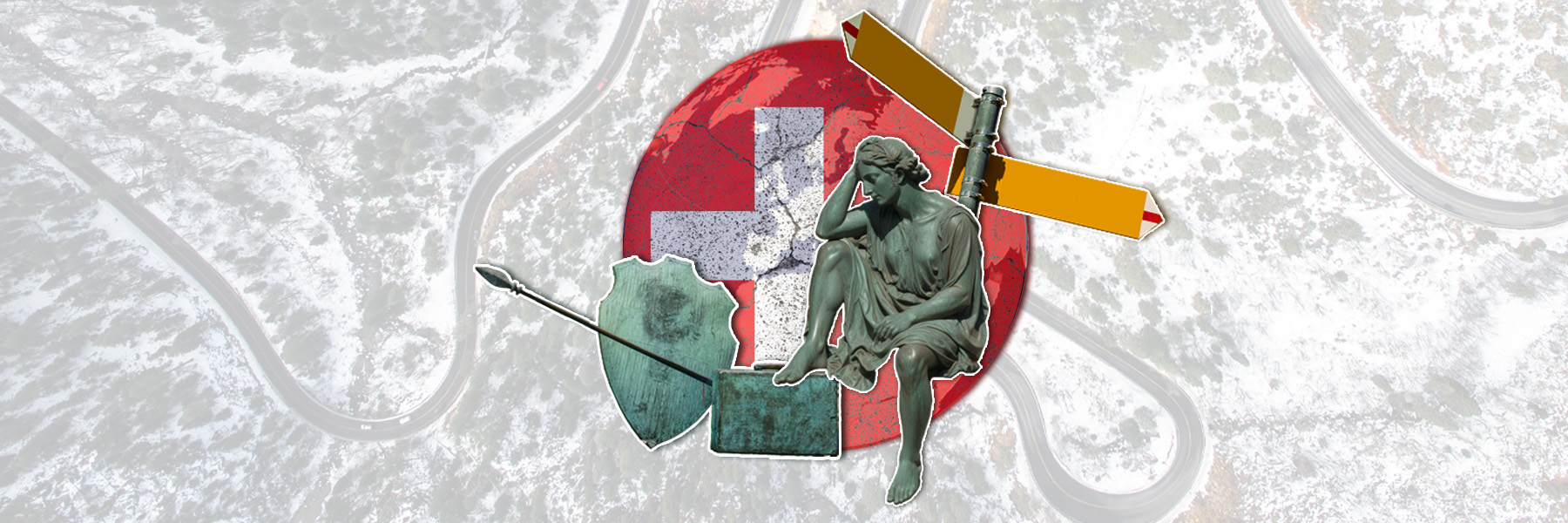
What does the future hold for Swiss neutrality?
In times of crisis Switzerland’s neutrality always comes under pressure. The country is grappling with a key question: should it follow a path of openness or isolationism? It is time for it to define its course for the future.
The war in Ukraine reignited the whole debate about Swiss neutrality. Since joining in the sanctions against Russia, Switzerland is regularly accused of having relinquished its neutrality.
Looked at from an international law point of view, however, the imposition of purely economic sanctions is unproblematic, as it doesn’t involve adopting a concrete position with regard to an armed conflict.
Critical voices are also being raised within Switzerland. The right-wing Swiss People’s Party is calling for strict neutrality to be maintained. It plans to launch a popular initiative to write a narrowly defined neutrality into the constitution.
Meanwhile, a more liberal camp is pushing for “active” neutrality.
Switzerland: not ‘neutral in the classic sense’ for a long time
For some time now, Switzerland – like most neutral states – has been moving away from a traditional concept of neutrality and towards the community of states: since it joined the United Nations in 2002, it has had to comply with UN sanctions. It has been participating in peace missions for even longer.
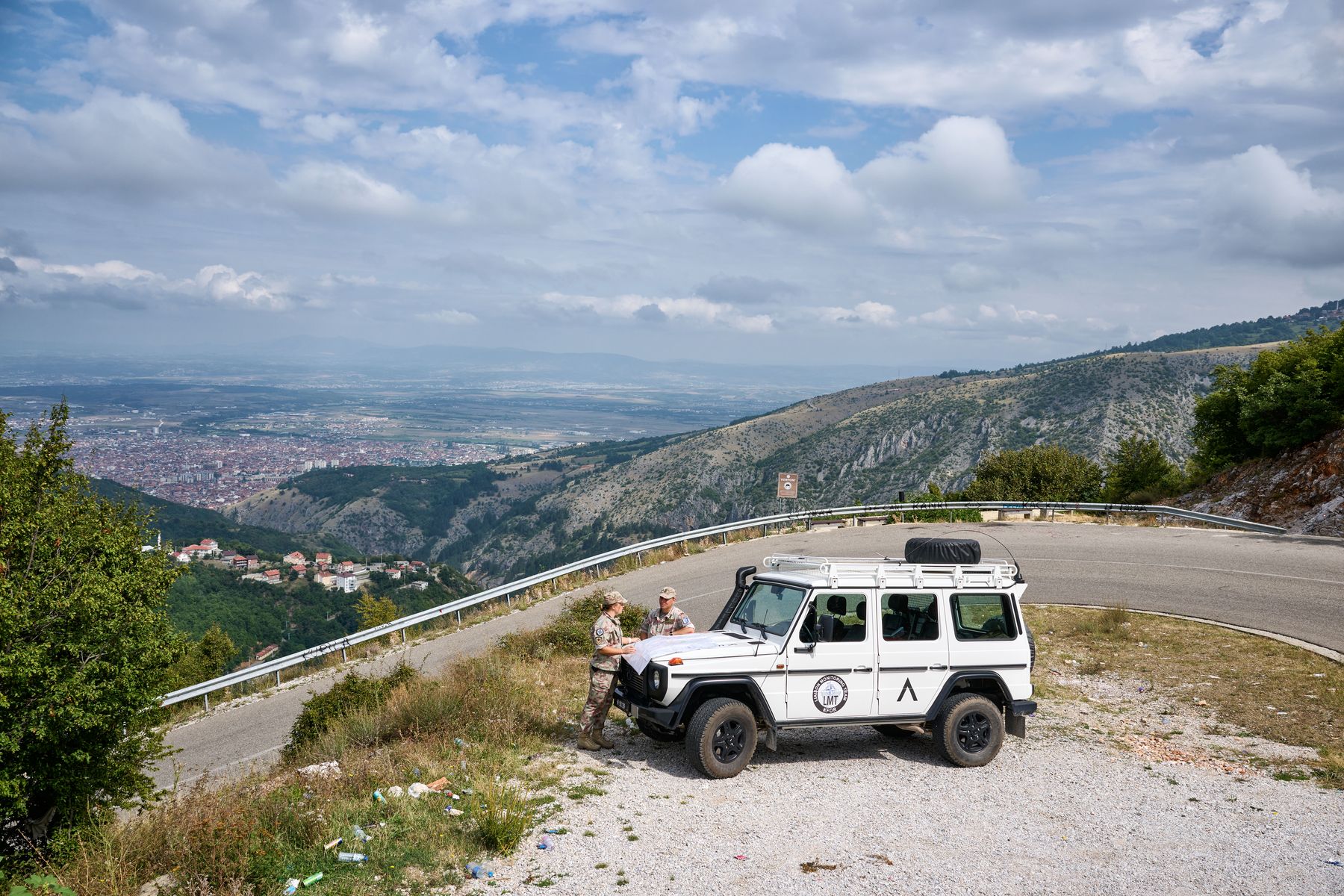
More
Swisscoy: How Swiss participation in Kosovo peace mission lays bare the neutrality debate
Switzerland works on the basis that the law of neutrality does not apply to UN military missions because, ultimately, the Security Council aims to maintain international peace and security.
Not everyone agrees. “Neutrality in the classical sense is not really compatible with UN membership and even less so with EU membership,” says Peter Hilpold, an Austrian international law expert at the University of Innsbruck.
People often do not realise that EU or UN membership can entail a watering down of neutrality, adds international lawyer Elisabeth Hoffberger-Pippan from the German Institute for International and Security Affairs in Berlin.
“Switzerland has at times clearly not been neutral,” argues Stefanie Walter, a professor of international relations and political economy at the University of Zurich. “In the Cold War, for example, Switzerland was implicitly clearly on the side of the West. And it also has a position on human rights.”
Switzerland immediately condemned the Russian attack on Ukraine as a violation of international law.
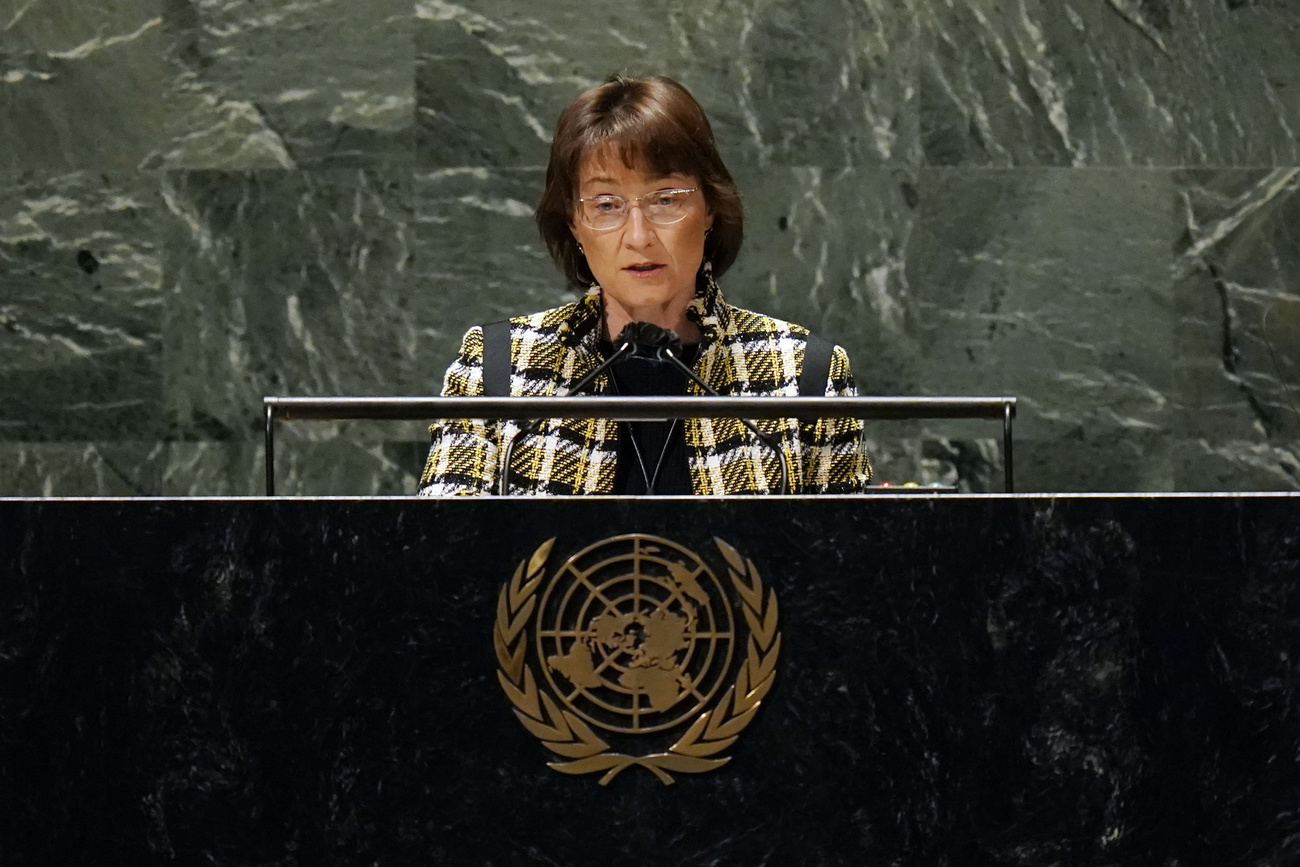
More
Switzerland is ‘European but independent’ says top diplomat
What does neutrality mean anyway?
Switzerland is regularly called upon to explain its concept of neutrality to the outside world, as it is often misunderstood. It is based on a distinction between neutrality law and neutrality policy.
When the victorious powers granted Switzerland perpetual neutrality at the Congress of Vienna in 1815, the deal was that Switzerland would not take part in conflicts and would not provide mercenaries; in return, no more wars would be fought on its territory.
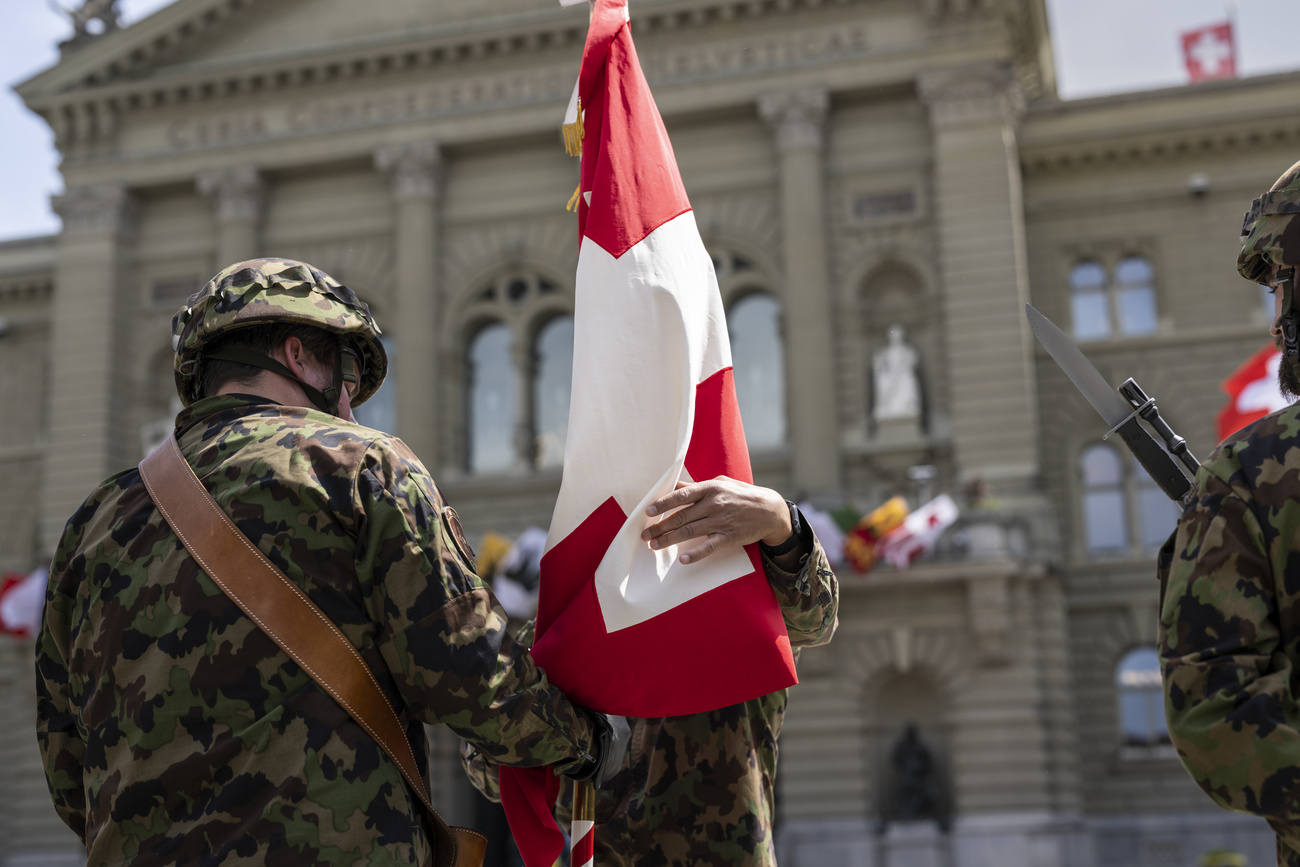
More
Wanted: politically convenient definition of ‘neutrality’
This principle has changed little over time. Even today, the law of neutrality primarily obliges states not to participate in wars, either directly or indirectly. The Swiss foreign ministry definesExternal link the law of neutrality as follows.
A neutral state has the obligation to:
- refrain from engaging in war
- ensure its own defence
- ensure equal treatment for belligerent states in respect of the exportation of war materiel
- not supply mercenary troops to belligerent states
- not allow belligerent states to use its territory.
These narrowly defined obligations are widely accepted in Switzerland. Despite its clearly Western orientation, Switzerland has repeatedly banned NATO members from flying over the country, for instance during the US invasion of Iraq or recently for arms deliveries to Ukraine.
And it refused to grant Germany, Spain and Denmark permission to give Ukraine tanks and ammunition brought from Switzerland. Pressure on Switzerland to back down from this strict stance has been growing abroad.

More
European nations snub Swiss-made weapons over Ukraine restrictions
Neutrality policy, on the other hand, is applied flexibly, as it is not a legal framework but rather “a combination of all the measures a neutral state takes of its own accord to ensure the clarity and credibility of its permanent neutrality”, according to the foreign ministry. These measures are adapted to the respective (geo)political context.
Switzerland’s humanitarian tradition and good offices, which together with trade policy are the focal points of Swiss foreign policy, are central to the self-image of a neutral Switzerland.
More
Neutrality under stress across Europe
Such discussions are taking place not only in Switzerland. Sweden and Finland have joined NATO after a security-policy U-turn, giving up their long-standing policy of neutrality and non-alignment. Other neutral states in Europe and beyond are also trying to figure out how their neutrality can fit into the changed global political constellation.
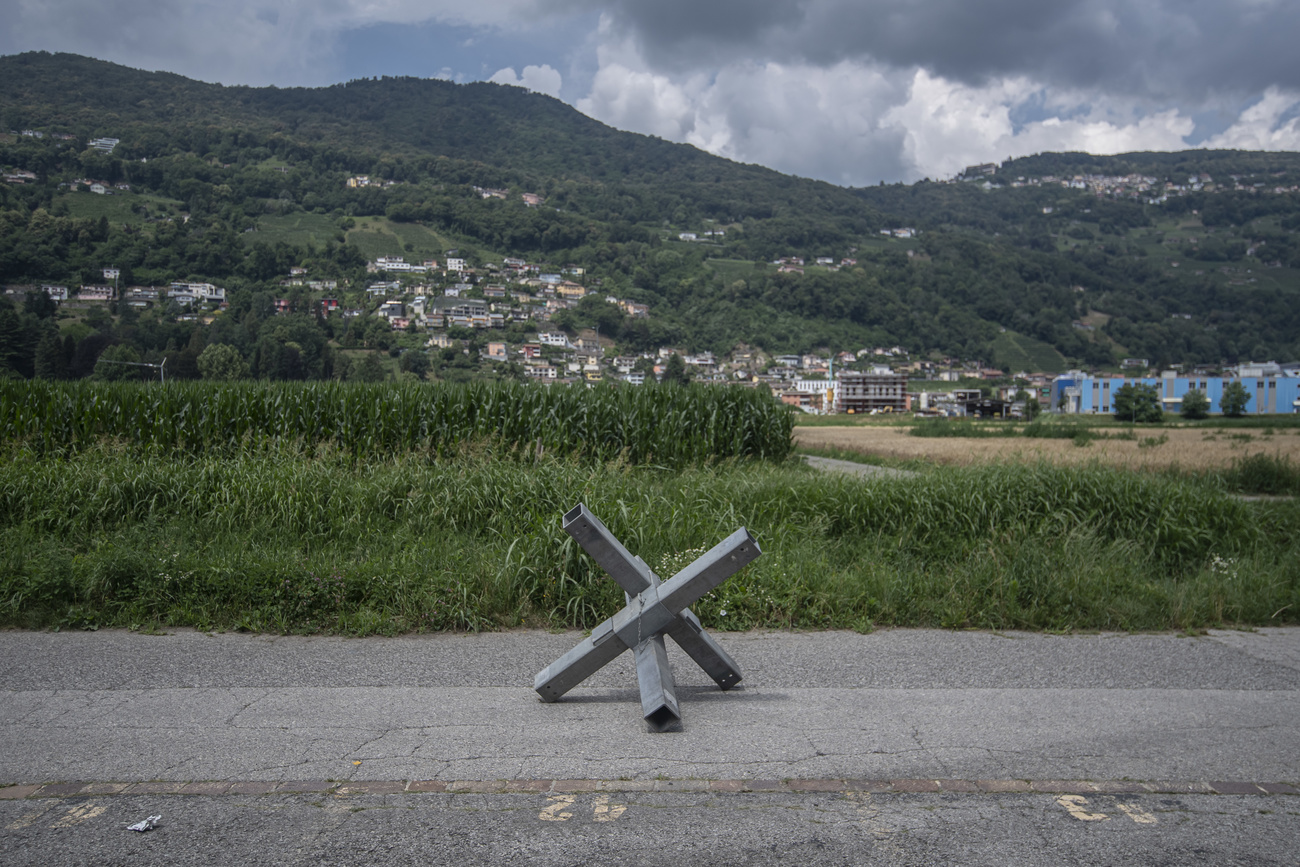
More
Explainer: Russia pushes Europe’s neutral states closer to NATO
Switzerland’s relationship with the NATO defence alliance is also causing heated debate and emotional controversy in Switzerland. According to a regular surveyExternal link conducted by the federal technology institute ETH Zurich, an increasing number of Swiss are more pessimistic than before about the global political situation. This does not affect their general sense of security in the country, however; the vast majority of people still feel safe in Switzerland.
Reservations about NATO have, meanwhile, decreased, with more than half of those surveyed now open to rapprochement. There is still no majority in favour of joining NATO (nor is this being discussed politically), but there is wide support for closer cooperation at an institutional and technical level.
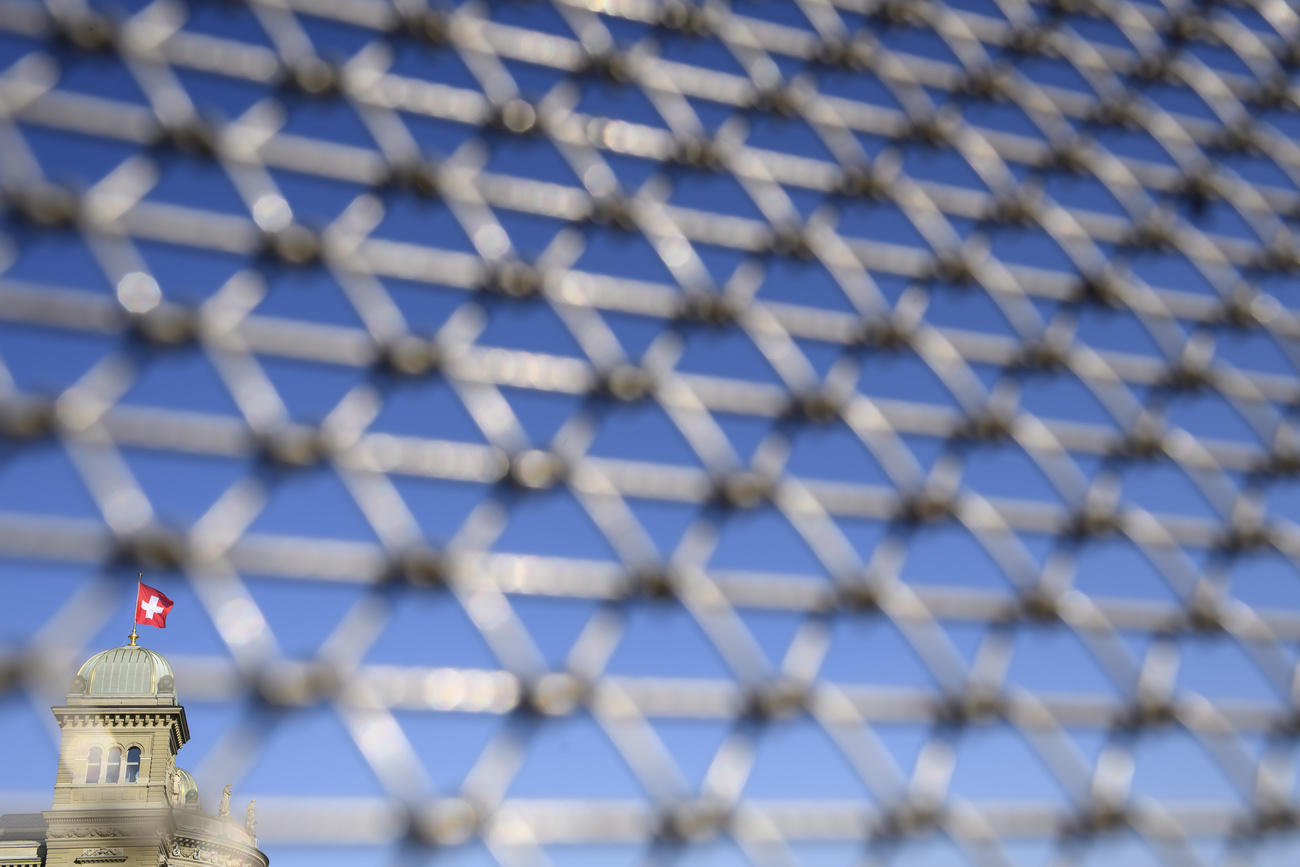
More
A majority of Swiss want closer ties to NATO – but with reservations
Flying under the radar is a security-related aspect that is likely to become increasingly important. Switzerland prides itself on being the “Silicon Valley of robotics” and is an important player in drone technology. Yet drones or drone parts repeatedly end up in war zones, which can be problematic in terms of neutrality.
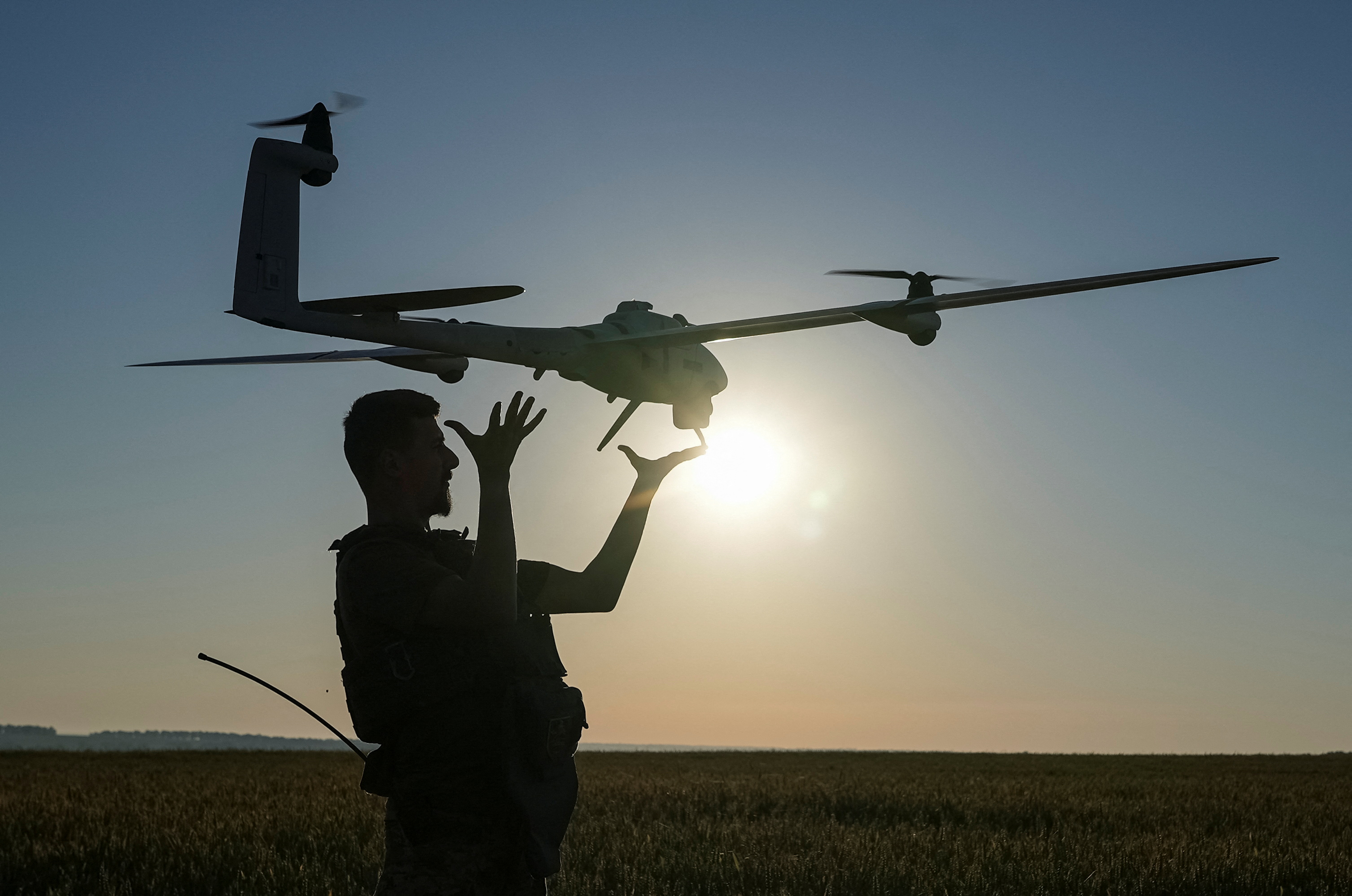
More
Switzerland’s drone dilemma
What is the future of multilateralism?
In 2023–24, Switzerland had a seat on the UN Security Council for the first time. It was elected for two years as one of ten non-permanent members. The Security Council is the most important multilateral body, with primary responsibility for “the maintenance of world peace”. However, it is currently blocked on key issues by the veto power of its five permanent members (the US, the UK, France, China and Russia).
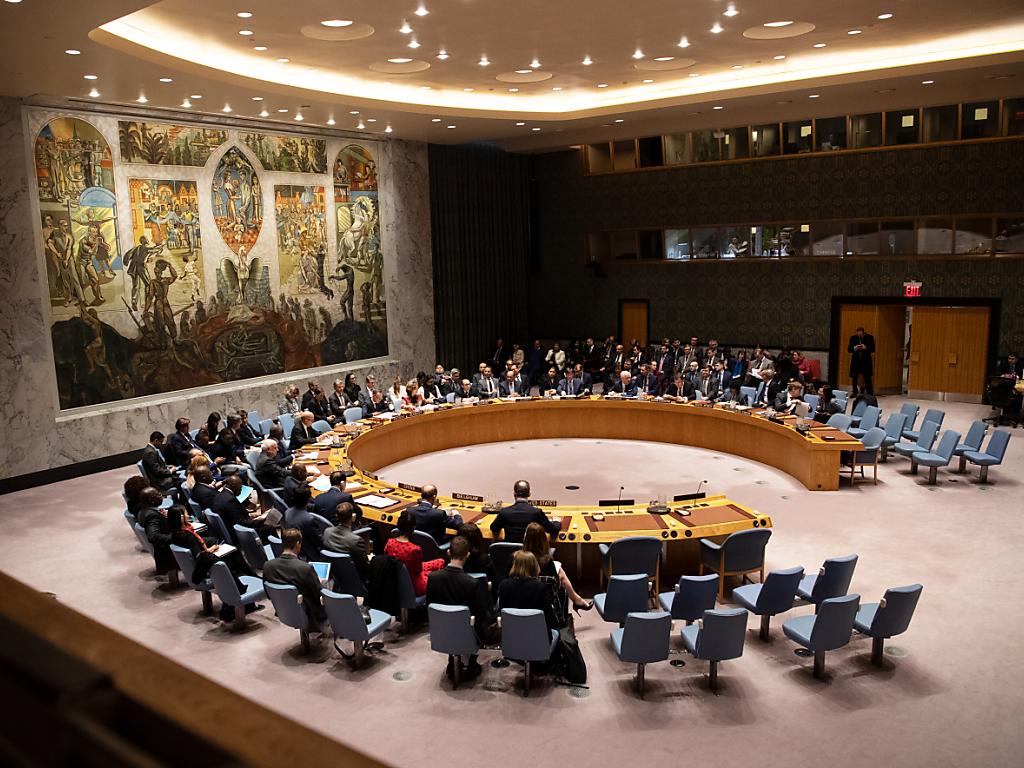
More
The UN Security Council is failing – this is why
During this period, Switzerland held the Council’s presidency twice. On the major issues – the Russian war of aggression against Ukraine, the Sudan crisis and the Israeli-Palestinian war – it was unable to persuade the parties to make concessions. On less prominent matters, however, it worked to strengthen multilateralism, for example through joint events between the UN and the African Union.
If the multilateral system comes under even greater pressure, then smaller countries such as Switzerland will suffer most, as a rules-based order ensures that not just the strongest can prevail. Various players have long since openly declared war on multilateralism.

More
What Switzerland achieved at the UN Security Council
There are, however, also opposing developments from unexpected quarters. The International Criminal Court is seeking a more active role. The question is to what extent it can influence global politics. In addition, the principle of universal jurisdiction – which gives all states the authority to prosecute and press charges for the most serious crimes – is gaining ground, even if it is still far from accepted on a global scale. Switzerland has a key role to play here, as much work is being done on the subject in International Geneva.

More
What does the renaissance of universal jurisdiction mean for global justice?
One thing is certain, though: it is not the end of the road for Swiss neutrality. But where exactly it is headed is still up for debate.
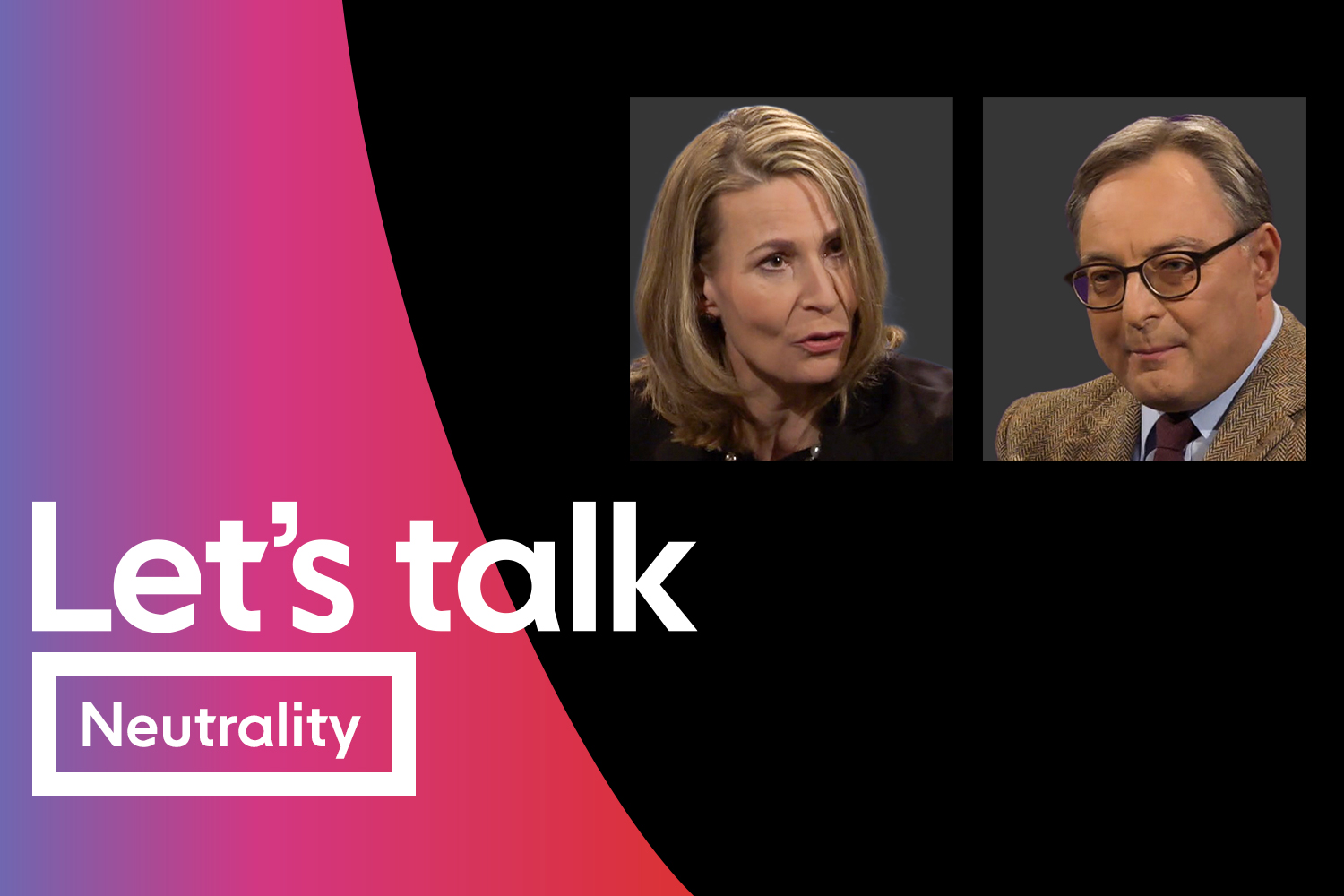
More
Swiss neutrality: is it passé?
Subscribe here to follow the latest Swiss foreign policy developments:

More
Our newsletter on geopolitics
Edited by Mark Livingston. Adapted from German by Julia Bassam/ts

In compliance with the JTI standards
More: SWI swissinfo.ch certified by the Journalism Trust Initiative





























